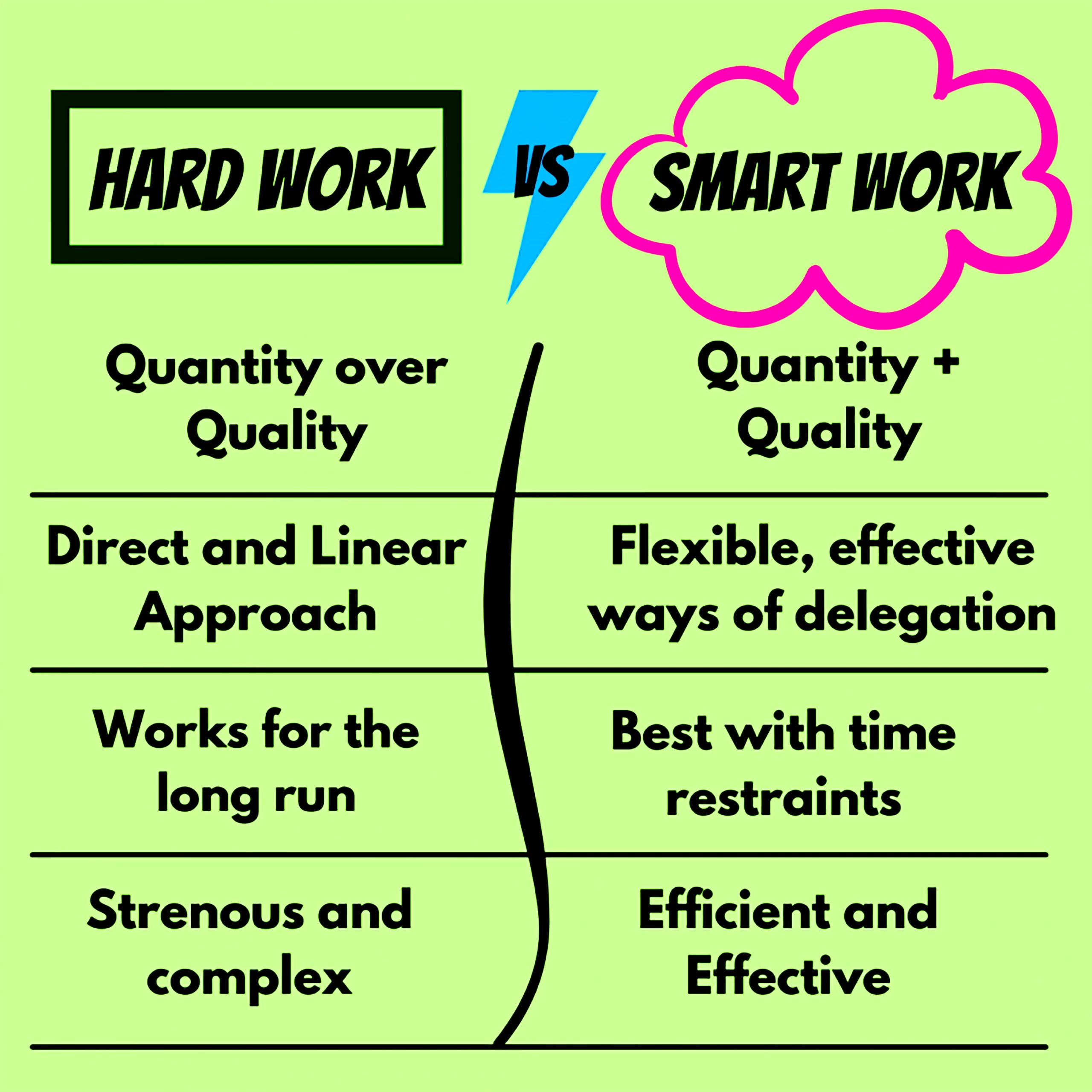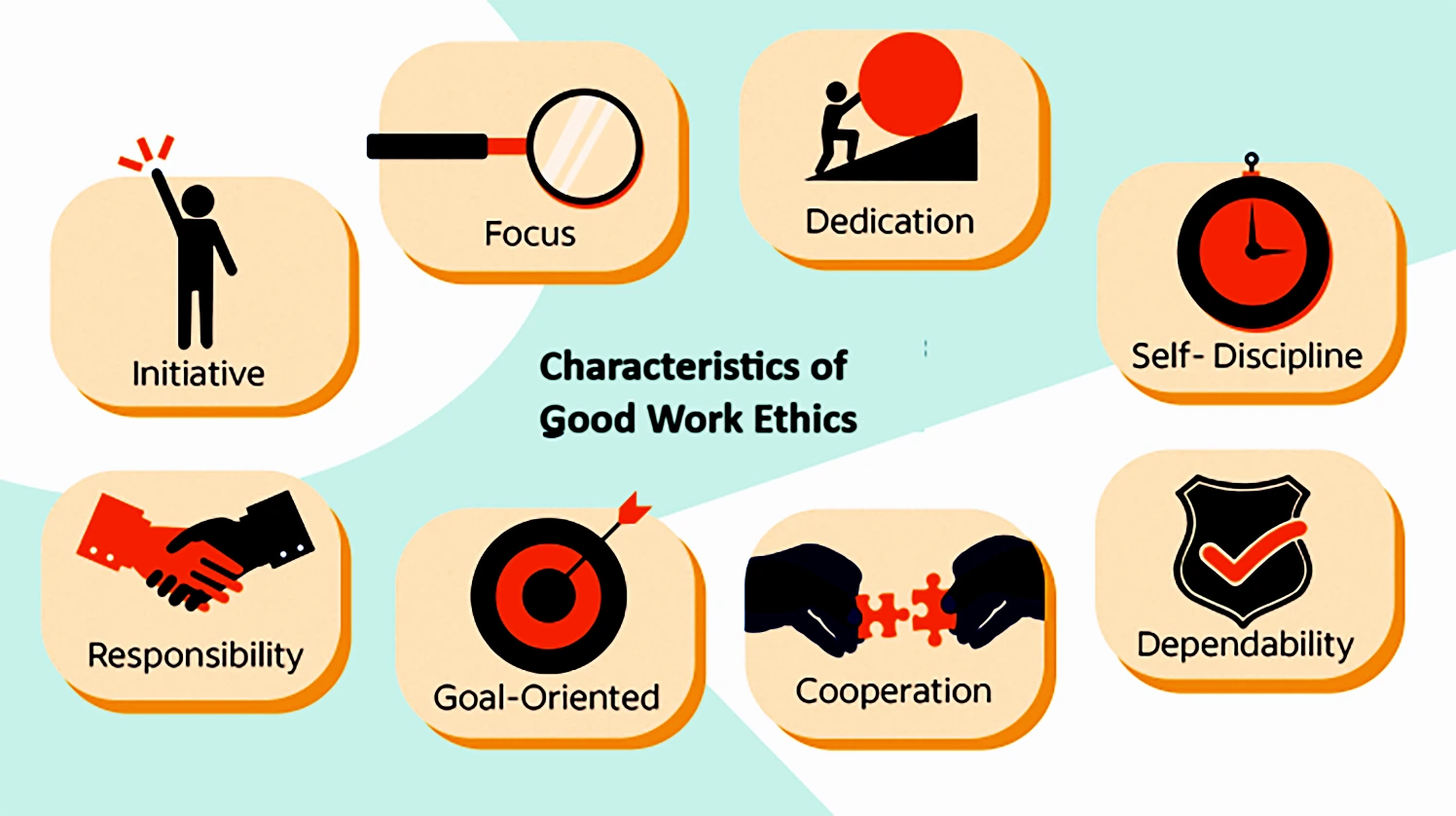Context:
- NR Narayana Murthy, co-founder of Infosys says Indians need to work harder (70 hours a week) if the nation is to achieve the kind of progress China, Japan and Germany did after World War II. he is probably right, right?
Hard Work vs Smart Work
- Murthy is right on two counts: One, India has a predominantly youthful population, more than half is under 25 years and 60% below 35 years of age; and two, India’s productivity is among the lowest in the world.
- India ranks in the bottom third of the International Labour Organization’s (ILO) labor productivity rankings, based on GDP (in constant dollars) per hour worked.
- However, according to a Manpower Group survey, Indian millennials spend 52 hours at work per week, compared to 48 in China, 46 in Japan, and just 41 in Australia.
- Indians are working harder, longer, and for less money than their counterparts in most countries in the world.
- The reasons this labor does not translate into higher productivity are manifold – from poor infrastructure to poor skills to lack of capital and technology to poor deployment of resources.
- Though, India’s productivity is low. But for this to go up, India needs to work smarter, not harder.
- While working hard emphasizes putting in hours, smart work aims to find better and more efficient ways to tackle different tasks.
- “Hard work is the key to success only if done smartly.”
- Smart workers don’t focus on inputs they focus on prioritizing to achieve the most valuable outputs in the most efficient ways.
- For example, a smart worker will realize they are more productive during a certain time of day and batch their tasks based on difficulty to match when they are most productive.
- Apart from that inculcating work ethics and improving work culture also played important roles in enhancing Productivity.

What is Work Ethics?
- A work ethic is a personal set of values that determines how any employee approaches their work.
- Employees with strong work ethics are highly motivated and produce consistently high-quality results.
- It is the commitment to fulfill the official responsibilities with dedication, involvement and sincerity. It implies that work is appreciated and not taken as a burden.
What are the characteristics of good work ethics?
- Values: like the blood nourishes the body, values nourish the organization (refer to Image)
- Effective leadership: leaders set the tone that permeates the organization’s culture.
- Balancing of stakeholders: so that mutual tension is resolved.
- The integrity of the process- where all the organization’s processes are aligned with its values, like recruiting, hiring, promoting, marketing, sales, etc.
- Long-term perspective- where the leadership is dedicated to strategic planning for the long term.
- A good work ethic can be taught as long as more productive behaviors are demonstrated to your employees.

What is Work Culture?
- It is regarded as a set of practices, values and shared beliefs within an organization and in its employees. It decides the way employees interact with each other and how the organization functions.
- It is the product of the organization’s history, traditions, values and vision.
What are the characteristics of healthy work culture?
- There is respect for fellow workers.
- Conflicts are minimal and are resolved after considering the underlying cause.
- Impartiality in the treatment of employees.
- An employee is judged only by his work and nothing else.
- Employee participation in the decision-making process is improved.
- The existing skills of the employees are enhanced through workshops, seminars, etc.
Conclusion:
Now, India is aspiring to be a world leader. The mantra of Vivekananda ‘’Arise, awake, and stop not till the goal is reached.” is as, relevant and inspiring today as it was earlier for youth. In practice, combining hard work and smart work often yields the best results.
![]() 28 Oct 2023
28 Oct 2023

